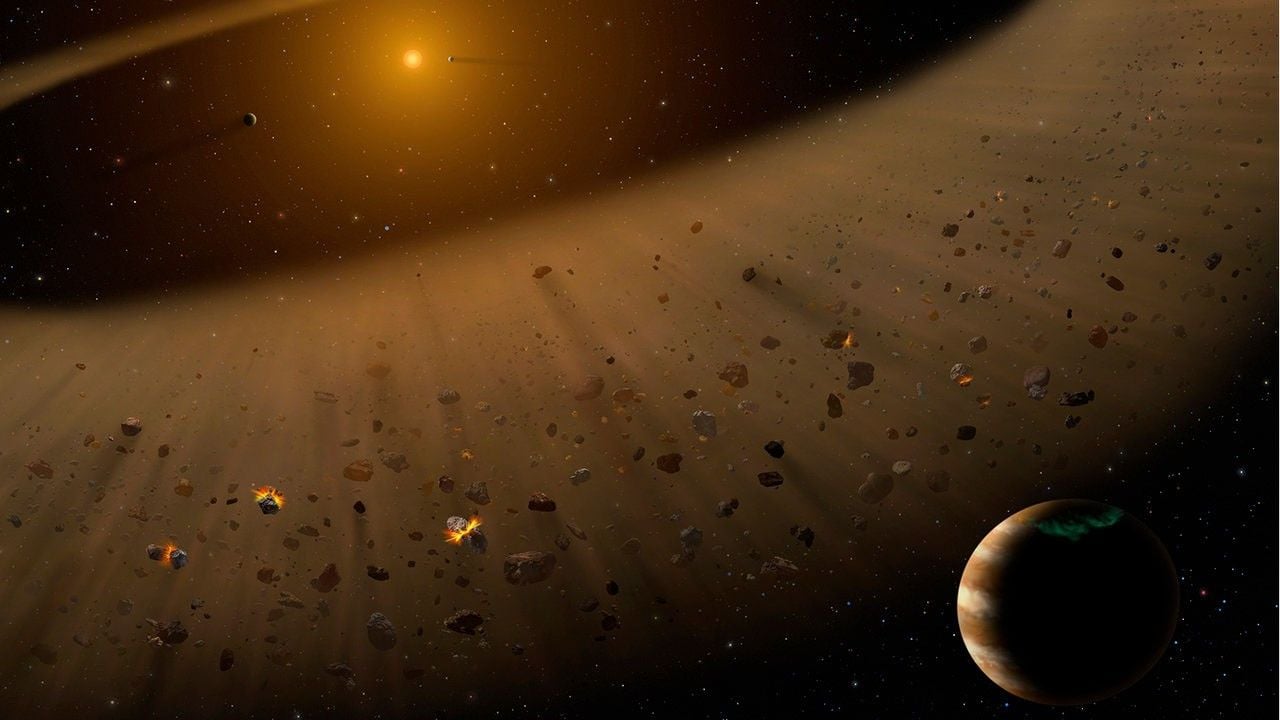The James Webb Space Telescope (JWST) strove to detect exoplanets around Epsilon Eridani but found only ambiguous signals overshadowed by instrument noise. Despite the inconclusive outcome, the results underscore the importance of negative findings in propelling scientific progress.
JWST Improves Its Detection Techniques, But Fails To Find Planets at Epsilon Eridani

Key Takeaways:
- Epsilon Eridani has long intrigued astronomers searching for exoplanets.
- JWST’s NIRCam looked for planets but encountered potential signals too close to noise.
- Decades of debate surround the star’s planetary status.
- The results, published on arXiv, highlight the value of negative outcomes in science.
- This work refines methods for future exoplanet detection.
Introduction
Epsilon Eridani is one of our nearest stars, attracting keen interest from astronomers for decades. Its potential to host planets has led to repeated inquiries, debate, and now another examination by the James Webb Space Telescope (JWST).
Searching for Planets at Epsilon Eridani
Scientists employed JWST’s NIRCam to search for evidence of a planet orbiting Epsilon Eridani. They hoped to refine existing detection methods and confirm—or definitively rule out—the presence of a planetary companion.
Noise vs. Signal in JWST Data
Initial observations did show features that raised astronomers’ hopes. However, these signals were ultimately indistinguishable from noise sources coming from the telescope’s instruments. This close proximity to a known interference zone prevented a definitive confirmation or denial of the star’s planetary status.
Why Negative Results Matter
While many might view the lack of a conclusive result as a disappointment, researchers emphasize that this outcome is still progress. Negative or inconclusive findings provide valuable insights. By understanding why detection efforts failed, astronomers can refine their methods and more accurately interpret future data—an essential step forward in the hunt for exoplanets.
Conclusion
For now, the question of a planet around Epsilon Eridani remains unsettled. Yet the lessons learned and the improvements in detection methods echo the broader spirit of scientific inquiry: each new observation, whether confirming a groundbreaking discovery or revealing more questions, brings us closer to understanding our universe.











